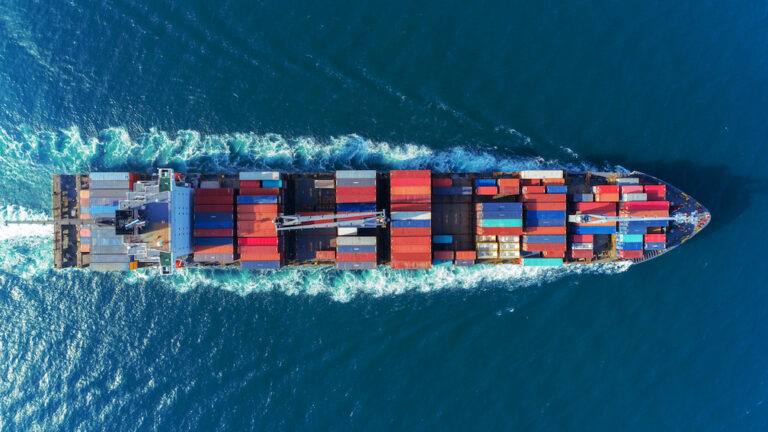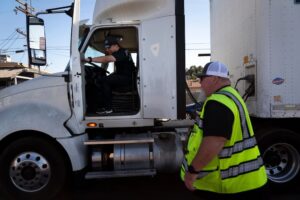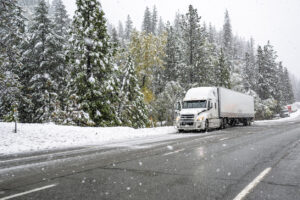LONG BEACH, Wash. (AP) — Russ Lewis has picked up some strange things along the coast of Long Beach Peninsula in Washington state over the years: Hot Wheels bicycle helmets with feather tufts, life-size plastic turkey decoys made for hunters, colorful squirt guns.
And Crocs — so many mismatched Crocs.
If you find a single Croc shoe, you might think somebody lost it out on the beach, he said. “But, if you find two, three, four and they’re different — you know, one’s a big one, one’s a little one — that’s a clue.”
These items aren’t like the used fishing gear and beer cans that Lewis also finds tossed overboard by fishers or partygoers. They’re the detritus of commercial shipping containers lost in the open ocean.
Most of the world’s raw materials and everyday goods that are moved over long distances — from T-shirts to televisions, cellphones to hospital beds — are packed in large metal boxes the size of tractor-trailers and stacked on ships. A trade group says some 250 million containers cross the oceans every year — but not everything arrives as planned.
More than 20,000 shipping containers have tumbled overboard in the last decade and a half. Their varied contents have washed onto shorelines, poisoned fisheries and animal habitats, and added to swirling ocean trash vortexes. Most containers eventually sink to the sea floor and are never retrieved.
Cargo ships can lose anywhere from a single container to hundreds at a time in rough seas. Experts disagree on how many are lost each year. The World Shipping Council, an industry group, reports that, on average, about 1,500 were lost annually over the 16 years they’ve tracked — though fewer in recent years. Others say the real number is much higher, as the shipping council data doesn’t include the entire industry and there are no penalties for failing to report losses publicly.
Much of the debris that washed up on Lewis’ beach matched items lost off the giant cargo ship ONE Apus in November 2020. When the ship hit heavy swells on a voyage from China to California, nearly 2,000 containers slid into the Pacific.
Court documents and industry reports show the vessel was carrying more than $100,000 worth of bicycle helmets and thousands of cartons of Crocs, as well as electronics and other more hazardous goods: batteries, ethanol and 54 containers of fireworks.
Researchers mapped the flow of debris to several Pacific coastlines thousands of miles apart, including Lewis’ beach and the remote Midway Atoll, a national wildlife refuge for millions of seabirds near the Hawaiian Islands that also received a flood of mismatched Crocs.
Scientists and environmental advocates say more should be done to track losses and prevent container spills.
The Associated Press is an independent global news organization dedicated to factual reporting. Founded in 1846, AP today remains the most trusted source of fast, accurate, unbiased news in all formats and the essential provider of the technology and services vital to the news business. The Trucker Media Group is subscriber of The Associated Press has been granted the license to use this content on TheTrucker.com and The Trucker newspaper in accordance with its Content License Agreement with The Associated Press.












